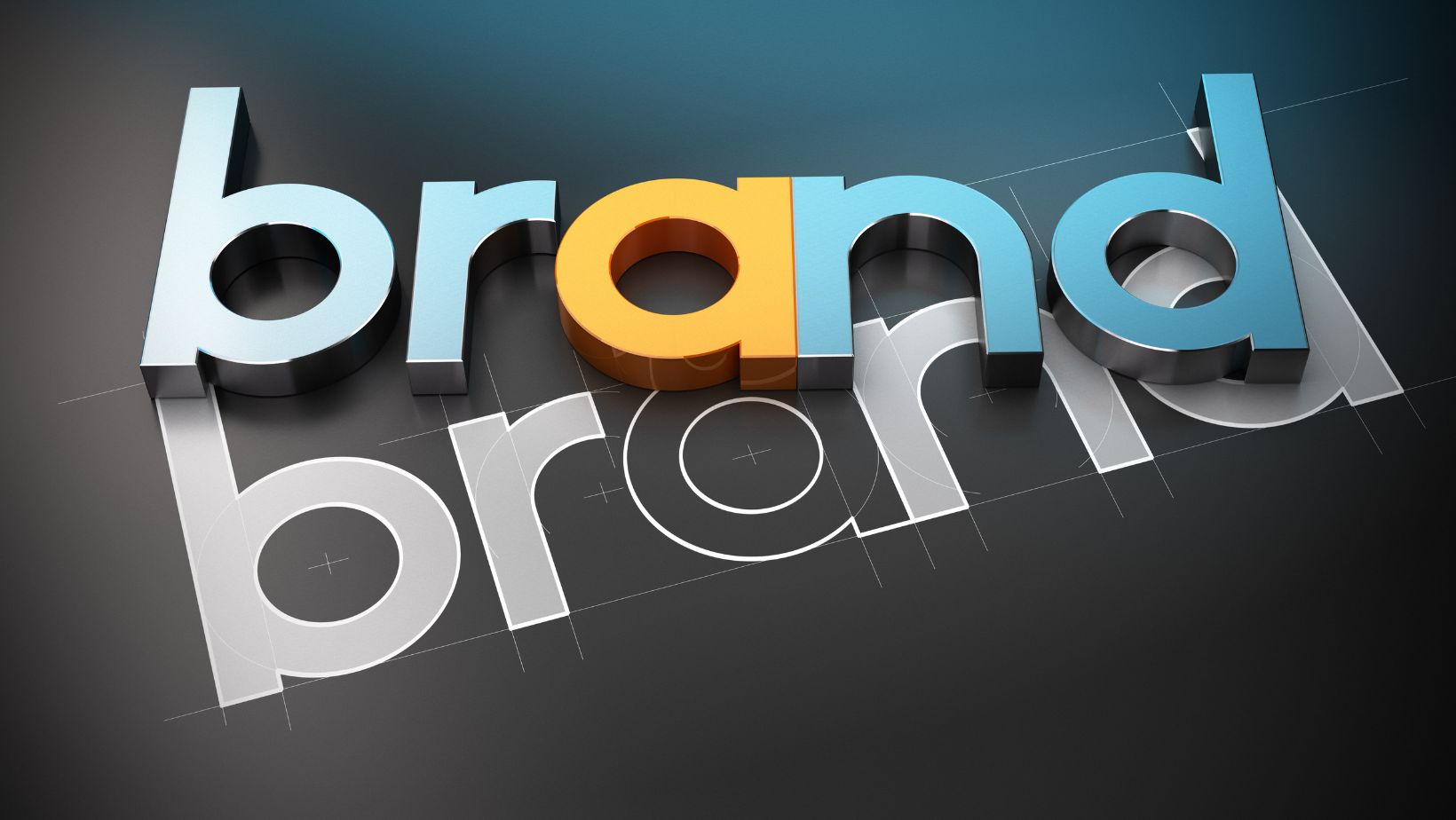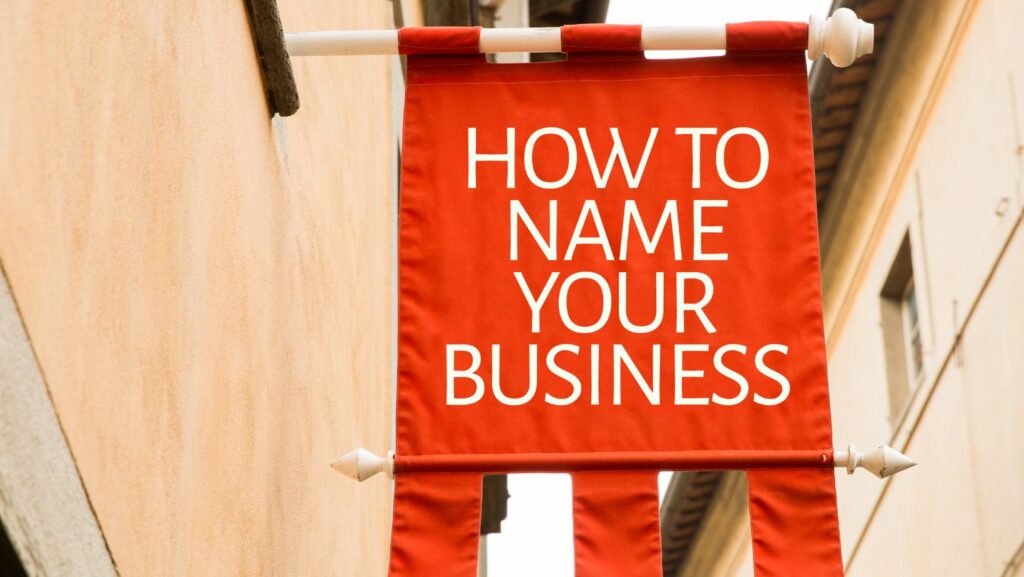You’ve got a great product or service idea, and you’re finally ready to turn it into reality. First of all, good luck! Secondly, think about the practical aspects of starting a business, such as having it registered and securing funding.
Start by brainstorming business names. Consider your mission, values, and the message you want to convey. Also, take into account your industry and what you plan to sell. Use a business name generator for inspiration.
But what exactly should you look for in a brand name? And what makes some names more appealing and memorable than others? Let’s find out.
Leverage Consumer Psychology to Find the Perfect Business Name
A good business name should reflect a company’s personality and culture. At the same time, it should evoke emotions and create subtle associations in the consumer’s mind. This applies to brand names, store names, product names, and everything in between.
According to current evidence, our brain turns letters and speech sounds into visual images, a phenomenon called the bouba-kiki effect.
For example, consumers tend to associate the word “bouba” with a round shape. “Kiki” on the other hand, is linked to star-shaped objects and spiky shapes in general.
These words don’t mean anything, but the way they are spelled and pronounced elicits a visual image. One explanation is that people also use the emotional, right side of the brain and not just the rational, left side to process language.
For this reason, top brands like Disney or Samsung use a mix of colors, symbols, and letters in their business names. When someone says, “I bought a laptop from Apple,” you can instantly visualize the Apple brand name and logo.
That said, leverage psychology to choose the right business name and elevate your SEO and brand storytelling. Here are five tips to get started.
Keep It Short and Sweet
Google, Nike, Coca-Cola, and other popular brand names are short and easy to pronounce. They consist of one- or two-syllable words, overcoming language barriers.
The same goes for social media business names. Think of Facebook, X, or Reddit. Anyone can spell and pronounce them with ease, which increases brand recall.
Be Mindful of Cultural Associations
Take into account any linguistic and cultural sensitivities when brainstorming business names. Otherwise, you might end up offending potential customers or getting bad publicity.
For example, the American brand Edy’s Pie was initially called Eskimo Pie. But since “Eskimo” is considered a derogatory term, the company decided to change its name.

The same happened to the restaurant chain Chad’s (formerly called “Sambo’s”), Starburst (formerly “Opal Fruits”), and other brands.
Think about where you’ll promote your business, and then look into the culture of that state or country. As a general rule, steer clear of terms like:
- Black sheep
- Spooky
- Powwow
- Savage
- Gypsy
- Oriental
- Coon
For instance, the term “spooky” is associated with “spooks,” an anti-Black slur used during the early 1940s. So, if you sell Halloween costumes or decorations, you’ll have to get creative with your business name.
Think Long-Term
Choose a business name that will grow with your company. You may have just one product or line of products in mind at the moment, but this doesn’t mean you won’t expand at some point.
Consider your audience, too. Say you’re thinking about selling toys or coloring books for children. Pick a versatile business name, like Bright Minds or WonderWhirl, rather than a very specific name, such as ToyZone.
This will allow you to reach a wider range of customers later on. For example, a company called “WonderWhirl” could also target adults looking for board games, bath products, or home decor items.
Think outside the box to create a unique business name.
Take Pinterest, for example. The company’s name is a mashup of two words: “Pin” and “Interest.” When you hear it, you get a visual image of its meaning, such as the idea of pinning things you’re interested in.
Similarly, the German confectionery company Haribo got its name from three acronyms:
- Ha, which stands for its founder’s first name, Hans
- Ri, which stands for its founder’s surname, Riegel
- Bo, which are the first two letters of Riegel’s hometown, Bonn
To get started, make a list of words associated with your brand or products. Also, think of words that have a special meaning to you. Then mix and match them until you find an original name.
Ask for Feedback on Business Names
Once you have a list of business names, get feedback from your family, friends, and social media contacts. Show them one option at a time—and ask the following:
- What’s your first impression of the name?
- How does it make you feel?
- Does it make you think about a particular type of product/service?
- Do you find the name appealing? Why or why not?
- Is the name easy to remember and pronounce?
- Can you think of any negative associations with it?
- Does it align with the brand’s mission and values as you understand them?
Run polls and surveys to gauge their sentiment. Even if they can’t choose a clear winner, their feedback can help narrow down your options.
Pick a Business Name That Stands Out
Your business name is a reflection of your brand’s identity, mission, and values. It also has the power to shape consumers’ perceptions and create a strong first impression.
With that in mind, let your creative juices flow and pick a name that speaks to you—and your audience. Consider your plans for the future, as well as your brand’s story, and then find a way to connect the dots.

Still wondering how to name a business? Jot down words related to your brand, use a thesaurus to find synonyms, and play around with acronyms. Enter them into a business name generator to find ideas you may not have otherwise thought of.


